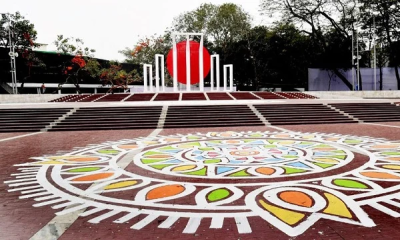On a cold February morning in 1983, 20-year-old Phoolan Devi walked onto a temporarily erected stage, on the outskirts of Bhind, and surrendered before the then state Chief Minister Arjun Singh.
She was facing multiple charges of murder and kidnapping. Less than two decades later, she went on to become one of the first women from an oppressed community to be elected to India’s Parliament.
Despite the serious criminal charges, how did this highly controversial yet extraordinary woman become a feminist icon?
Phoolan Devi, popularly known as Bandit Queen, had joined the SP after the then state government, headed by Mulayam Singh Yadav, withdrew all charges against her in 1994.
Bandit Queen’Phoolan Devi, who later turned to politics, along with her gang members were accused of killing 20 people belonging to the Thakur community at Behmai village in Kanpur Dehat on February 14, 1981.
She was elected from the Mirzapur Lok Sabha constituency in 1996 and 1999 from the Samajwadi Party. She was shot dead outside her MP bungalow in New Delhi on July 25, 2001.
Born in 1963 to a poor family from a marginalised community in rural UP, Devi endured poverty, injustice and abuse from her child marriage at the age of 11 to a man three times her age.
She spent about 11 years in jail for multiple crimes, including murder and kidnapping.




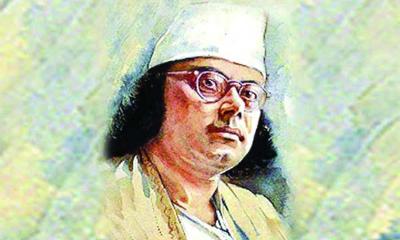
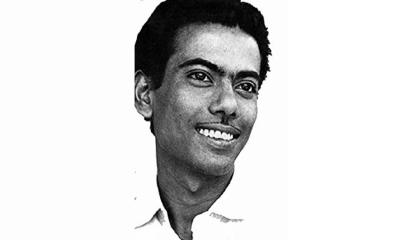
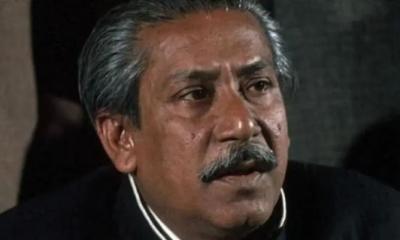
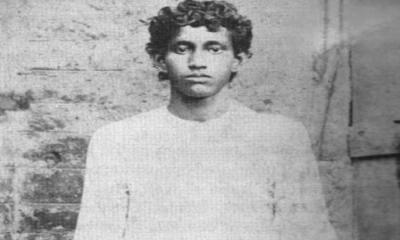
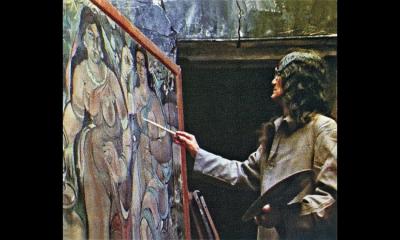





-20260221022942.jpg)
-20260221022827.webp)







-20260220065859.jpeg)
